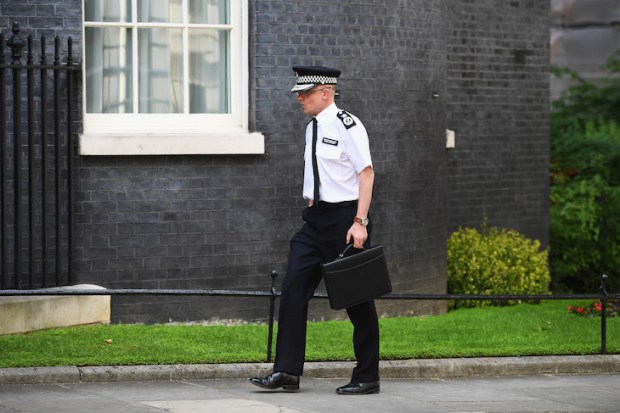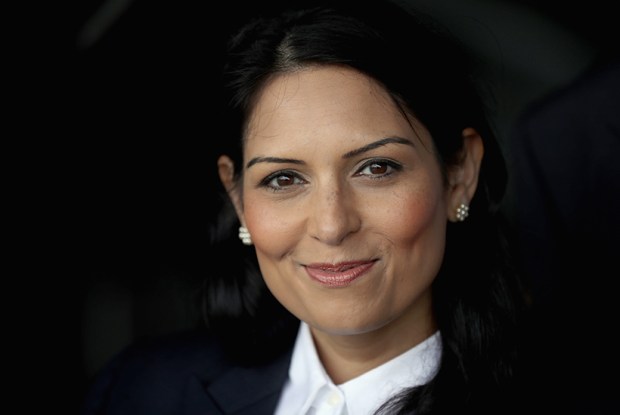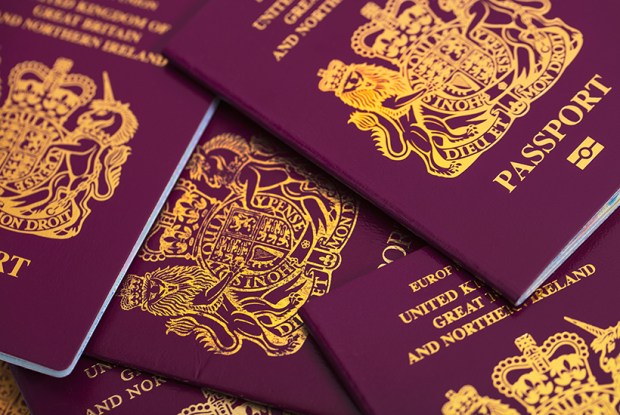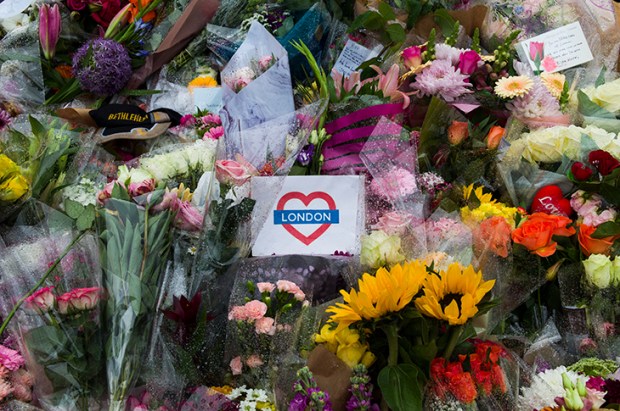Isn’t it about time the English language got itself a gender-neutral pronoun? This was the clarion call from the Guardian last week — and when that particular clarion sounds, we must all stand to attention and cut out the sniggering. I assume the writer of the piece was moved to action having seen photographs of members of Isis pushing gay people from the tops of large buildings — and was deeply worried that each of the victims, tumbling to their deaths, might have been unhappy about being referred to as ‘he’ by wilfully unprogressive western journalists.
Already a subscriber? Log in
Subscribe for just $2 a week
Try a month of The Spectator Australia absolutely free and without commitment. Not only that but – if you choose to continue – you’ll pay just $2 a week for your first year.
- Unlimited access to spectator.com.au and app
- The weekly edition on the Spectator Australia app
- Spectator podcasts and newsletters
- Full access to spectator.co.uk
Unlock this article
You might disagree with half of it, but you’ll enjoy reading all of it. Try your first month for free, then just $2 a week for the remainder of your first year.















Comments
Don't miss out
Join the conversation with other Spectator Australia readers. Subscribe to leave a comment.
SUBSCRIBEAlready a subscriber? Log in